WILL Neil Basu’s memoirs, Turmoil: 30 Years of Policing, Politics and Prejudice, make a movie – something along the lines of In the Heat of the Night starring Sidney Poitier as the black detective ‘Mr’ Virgil Tibbs, who is much cleverer than the racist white police chief, Bill Gillespie, played by Rod Steiger?
After all, Basu rose to be the most senior non-white officer in the Metropolitan Police, and indeed in the country.
There isn’t one but multiple stories in his book, which is dedicated to his children, James, Tom and Joshua.
His CV says he “served for 30 years in the Metropolitan Police, rising from police constable and beat bobby to assistant commissioner at New Scotland Yard and the UK head of counter-terrorism policing.
“He was a detective with a distinguished career as a senior investigating officer of anti-corruption, homicide, serious and organised crime, and kidnap. He was later the chief superintendent of Barnet Northwest London, and a commander of Southeast London, armed policing and gangs and organised crime.
“He was also responsible for investigating Rupert Murdoch’s media empire for phone hacking and public sector corruption before being promoted into counterterrorism policing.
“He was commended multiple times during his career for bravery, leadership and detective ability, and was awarded the Queen’s Police Medal for distinguished service in 2016.”
According to Basu, the Met was and still remains “institutionally racist”. What makes it worse is that its senior officers, including Sir Mark Rowley, the current commissioner, remain in denial.
Basu counts Rowley as a friend and says “he’s one of the brightest people I know, a Cambridge graduate with a degree in maths”. But it is a matter of regret for him that Rowley “replaced ‘institutional’ with words like systemic, managerial and cultural”.
He attended a memorial service to mark the 30th anniversary of the death of Stephen Lawrence, a black 18-year-old who was knifed to death by a feral gang of white youths.
“Many of those present – me, the Lawrence family and plenty of others there to celebrate Stephen’s life – knew that Mark, charged with changing the current face of policing, refused to fully accept the problem and so stood no chance of fixing it.”
Basu observes: “I found the Met wasn’t recruiting enough non-white officers to represent the communities it policed. Those we did recruit were less likely to be promoted and more likely to resign. The non-white officers also had less chance of promotion, more chance of being subject to misconduct, and were also more likely to have their grievances ignored.”
After a spate of terror attacks in Paris in 2022, “we started to recruit armed officers at great speed. It would be an uphill battle to recruit sufficient women and ethnic minorities, though.
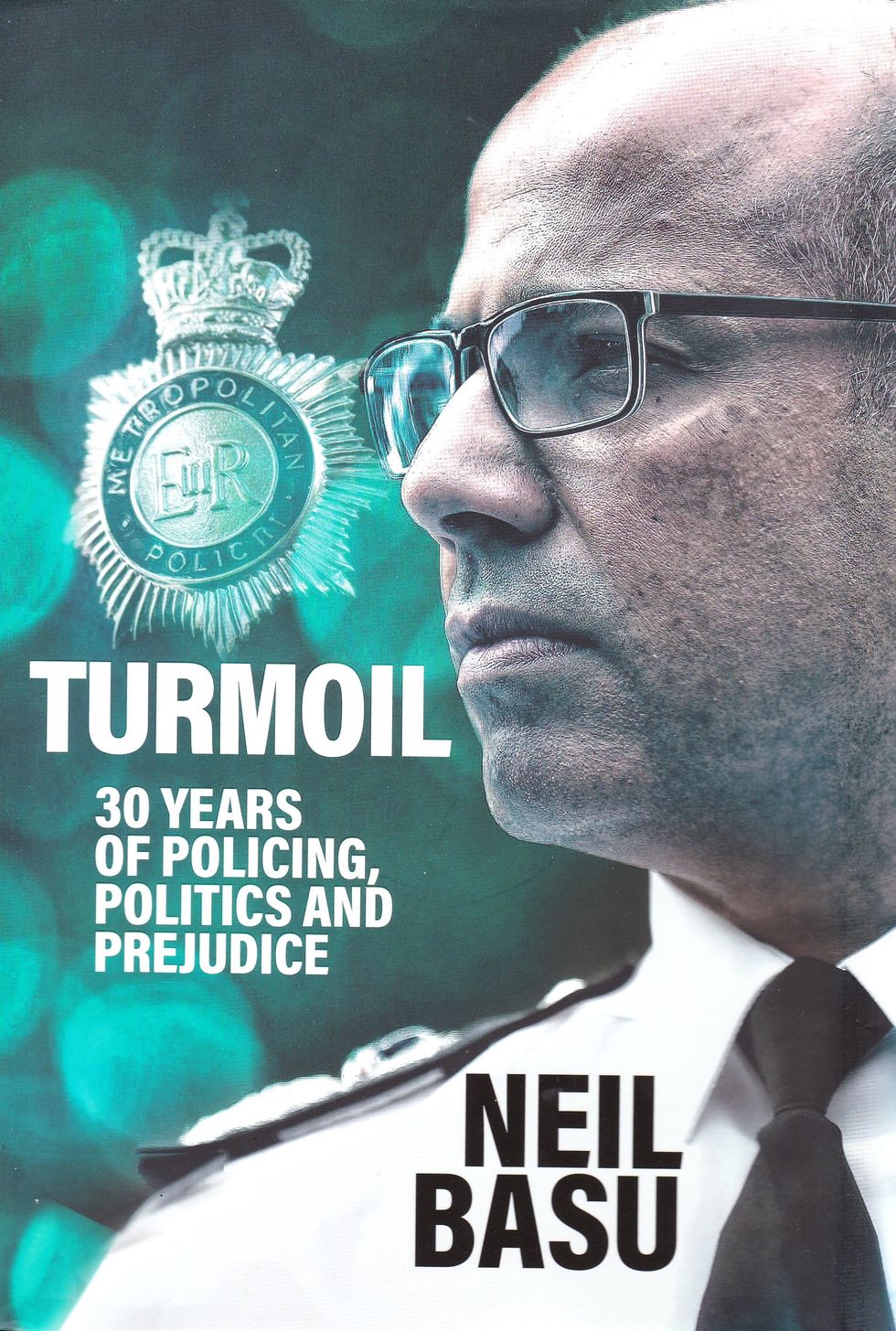
“Firearms is a particularly white, male section of the police. Firearms officers themselves admit to a lack of diversity in their specialism, and unfortunately, those in charge of training firearms officers often perpetuate that alpha white male dominance.
“In 2023, Baroness Casey would shine a light on this aspect of the Met, highlighting a toxic and discriminatory culture. Her report would suggest firearms officers ‘further embed’ that culture, selecting officers in their own ‘image, while keeping out those whose faces don’t fit their ideal of a firearms officer’.
“The lack of diversity meant that in investigations, we had precious few brown Muslim officers with the deep cultural and religious knowledge to help us identify the real threats and get communities on board – communities who were terrified.”
He points out: “When I joined (in 1993), we were less than two per cent of colour in a force policing a city that was 22 per cent ethnic. In 2024, the Met has 17 per cent black and brown officers, which looks like progress – until you realise London is over 46 per cent [ethnic].
“And at present recruitment rates, it would take decades for the Met to look like the city it serves.”
Eastern Eye readers will perhaps be drawn to the personal side of Basu’s story – and his confessions. “I had come within touching distance of commissioner – the top police job in the Met and the UK – but it had all been at huge cost. Two divorces, three marriages, three children, near financial ruin and an asthma diagnosis. Thousands of hours of trauma, facing terror attacks, murders, kidnaps, extortion, rape and sudden violent death, had taken their toll and changed the very fabric of me.”
Basu is the son of a Bengali doctor from Calcutta (now Kolkata) and a Welsh mother, Enid Roberts. “I’m mixed race, half Indian and half white Welsh,” he says. “I don’t feel at home in rooms full of Indians. I don’t feel at home in rooms full of white people.
“I know what it feels to be different, because I am different, everywhere.”
Despite the frustrations of having to deal with politicians such as Boris Johnson, Priti Patel and Suella Braverman (“selfhating Asian”) and his bitter disappointment at being denied not only the job of commissioner but also the post of director general of the National Crime Agency, policing has been very much in Basu’s DNA.
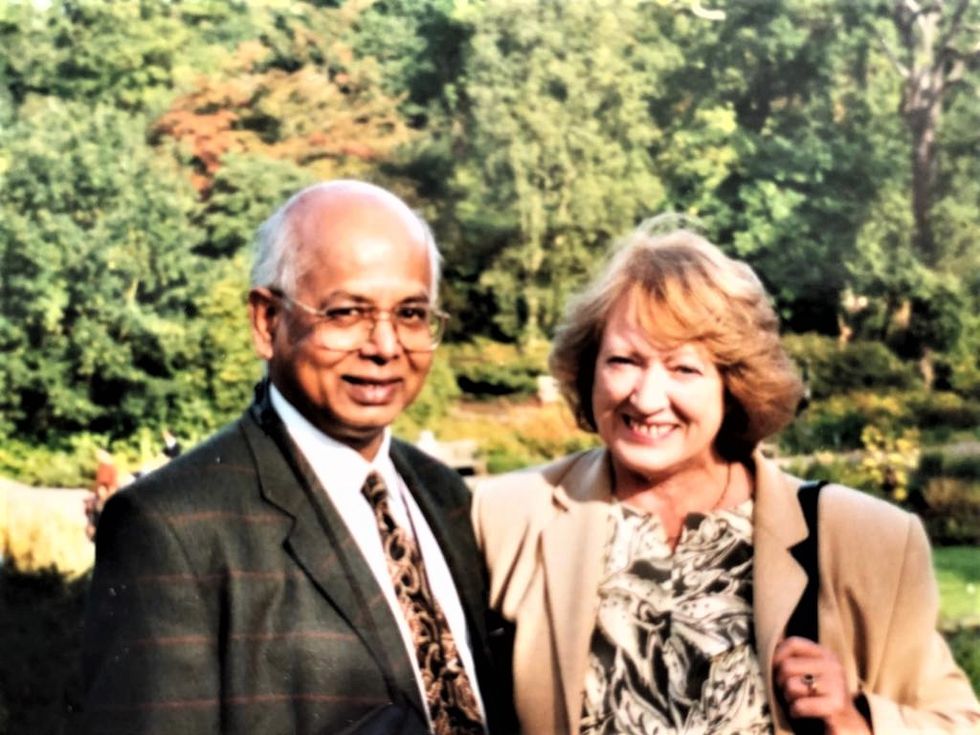
“The commissioner’s job and policing has become impossible, not because of its scale and complexity, but because of politics, the press and prejudices – its own prejudice that brings it low and the prejudice it brings out in others about them.”
At the end of the book, he reveals: “My name is not Neil, because that’s the anglicised name white people gave me, and I hid behind. My real name is Anil Kanti Basu. I never knew whether I was black, brown or white, but I always knew I was definitely blue.”
One of the most moving sections in the book deals with the death of his father, who had worked as a police surgeon and given decades of service to the NHS.
“In January 2015, my world was rocked in a way I couldn’t comprehend,” writes Basu. “My father, Dr Pankaj Kumar Basu, passed away and part of me died with him. I was with him when he died and it wasn’t peaceful. It remains the worst day of my life.
“He had retired in 2010, aged 76, always saying medicine was his life, always putting his patients first; but his role as a police surgeon was the very last gig he gave up – I think because he loved telling Staffordshire police he had a son who was one of them.
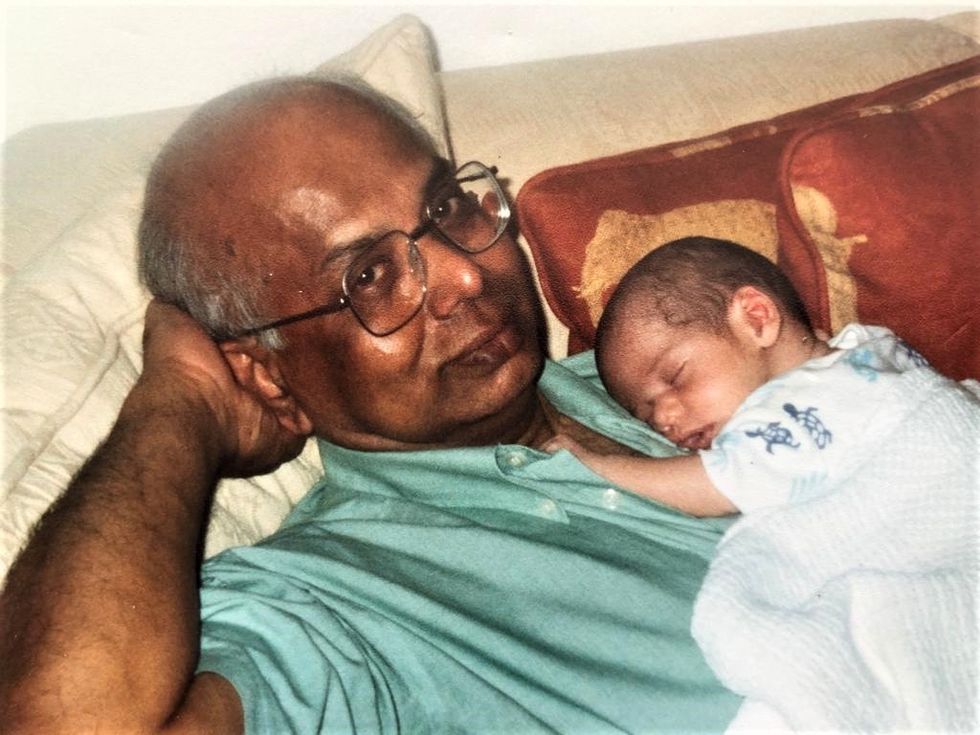
“Gandhi, as I would affectionately call him, dedicated his life to saving others and he was my hero. In the 1960s, he would see and hear National Front [NF] marches and await the inevitable call to patch people up who hated him simply for the colour of his skin.
“Despite the chanting of ‘P***s go home’ and ‘there ain’t no black in the Union Jack’ – which I would come to know and fear – my mother told me he was called out to a stabbed NF member during a march who refused treatment from him.
“‘No P*** is touching me.’
“‘I can touch you and stop the bleeding, or you can die.’
“He then saved the life of a man who would have happily taken his. His abject refusal to see colour or retaliate against the sting of racism is something I’ve always tried to emulate.”






 Naeli and the secret song
Naeli and the secret song









 A compelling premise, layered and unpredictable charactersAMG
A compelling premise, layered and unpredictable charactersAMG Anyone who enjoys a gripping story with a diverse cast and unexpected twistsHarperFiction
Anyone who enjoys a gripping story with a diverse cast and unexpected twistsHarperFiction
 He says "immigrants are the lifeblood of this country"Instagram/ itsmetawseef
He says "immigrants are the lifeblood of this country"Instagram/ itsmetawseef This book is, in a way, a love letter to how they raised meInstagram/ itsmetawseef
This book is, in a way, a love letter to how they raised meInstagram/ itsmetawseef
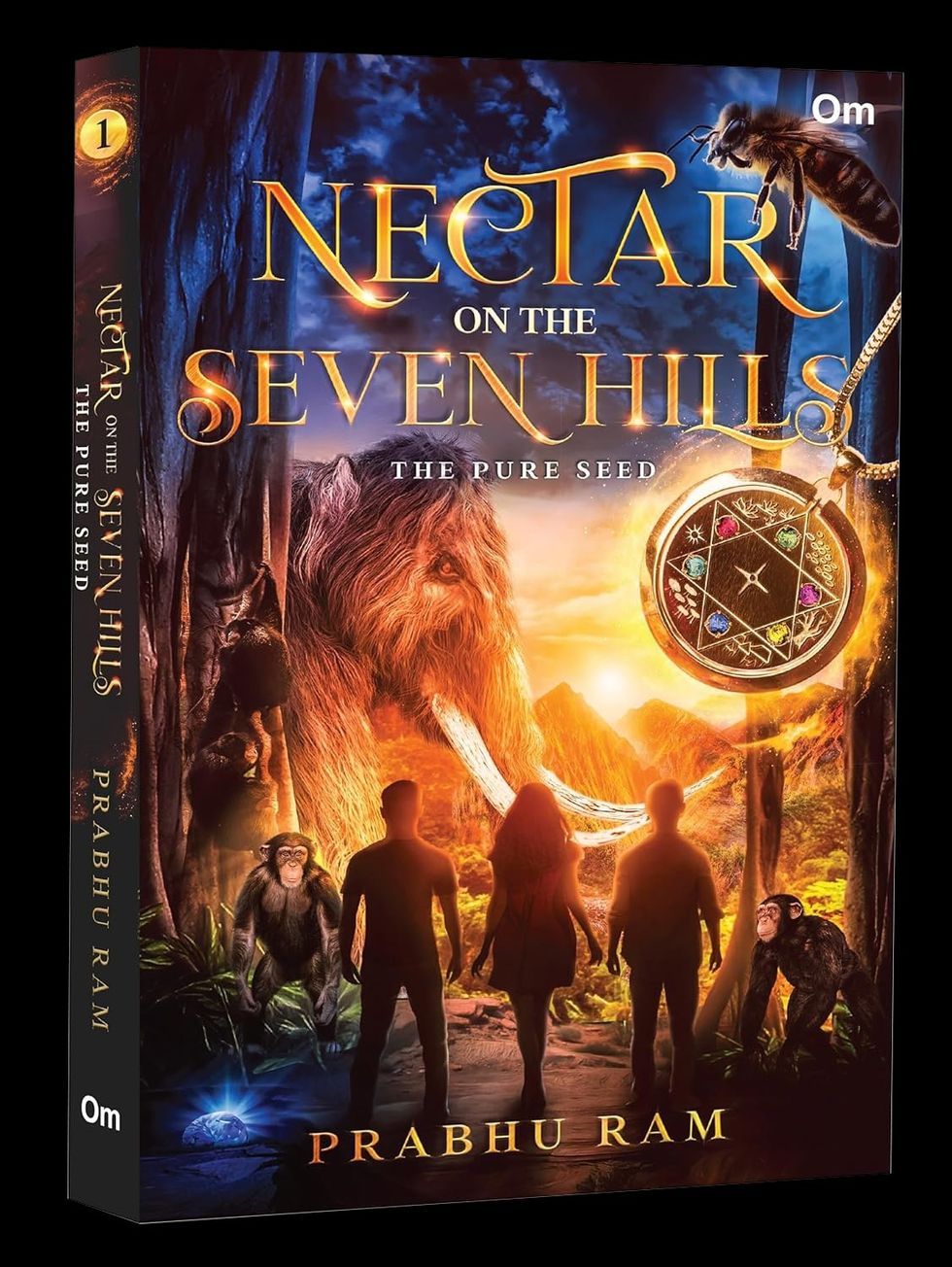 Ram creates a global narrative tapestryOm Books International
Ram creates a global narrative tapestryOm Books International
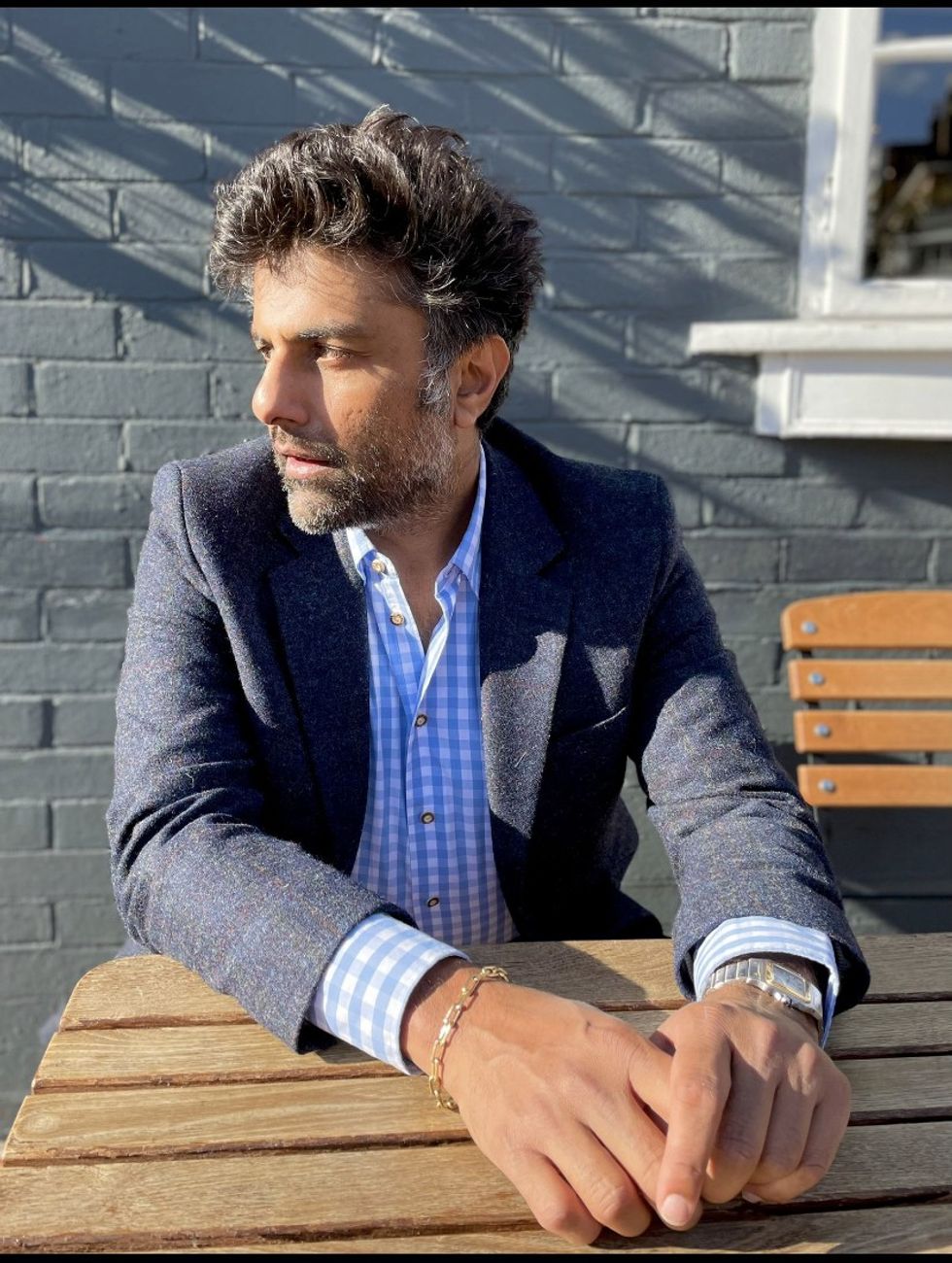 Ram Murali
Ram Murali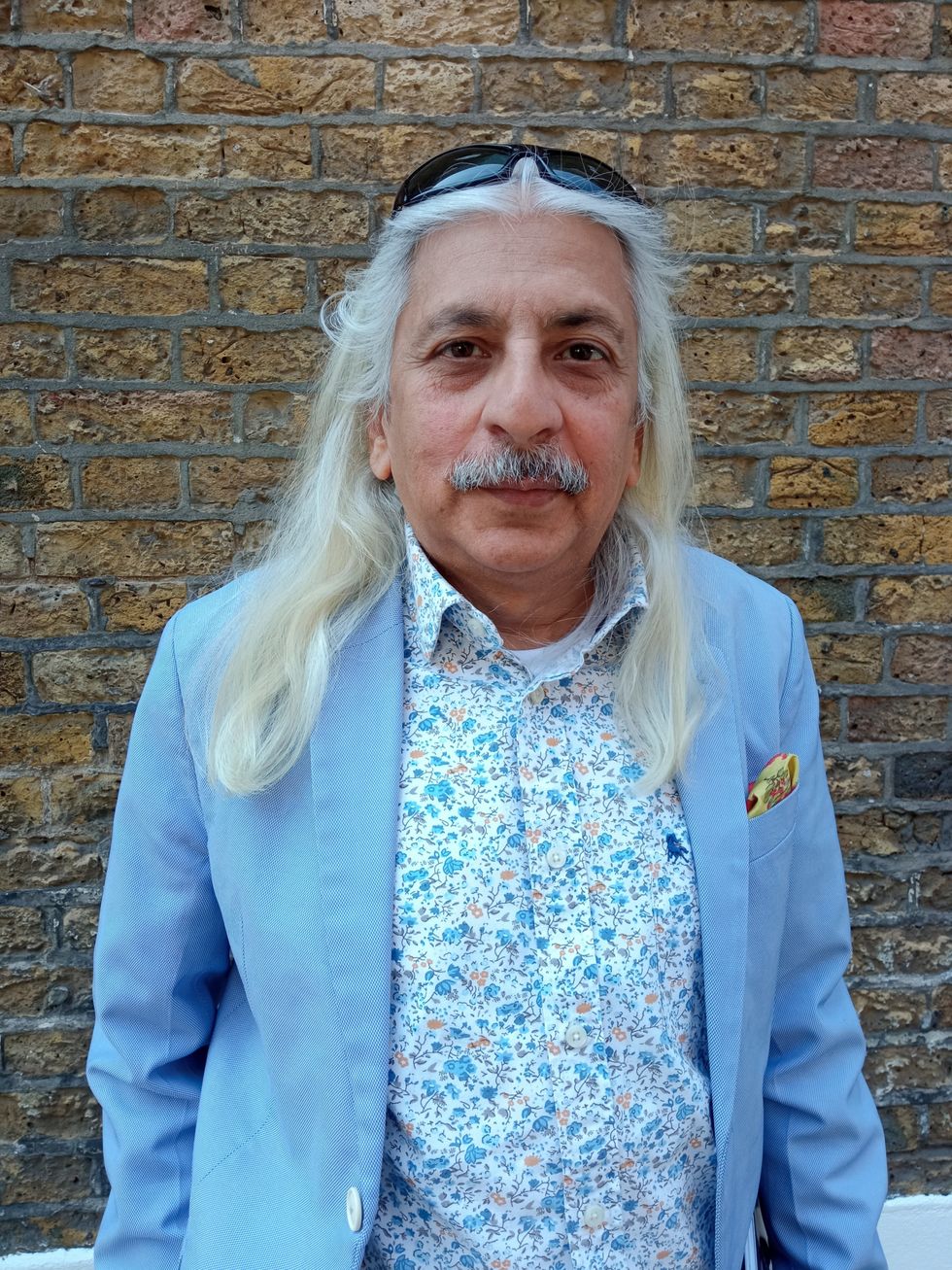 Sanjoy K Roy
Sanjoy K Roy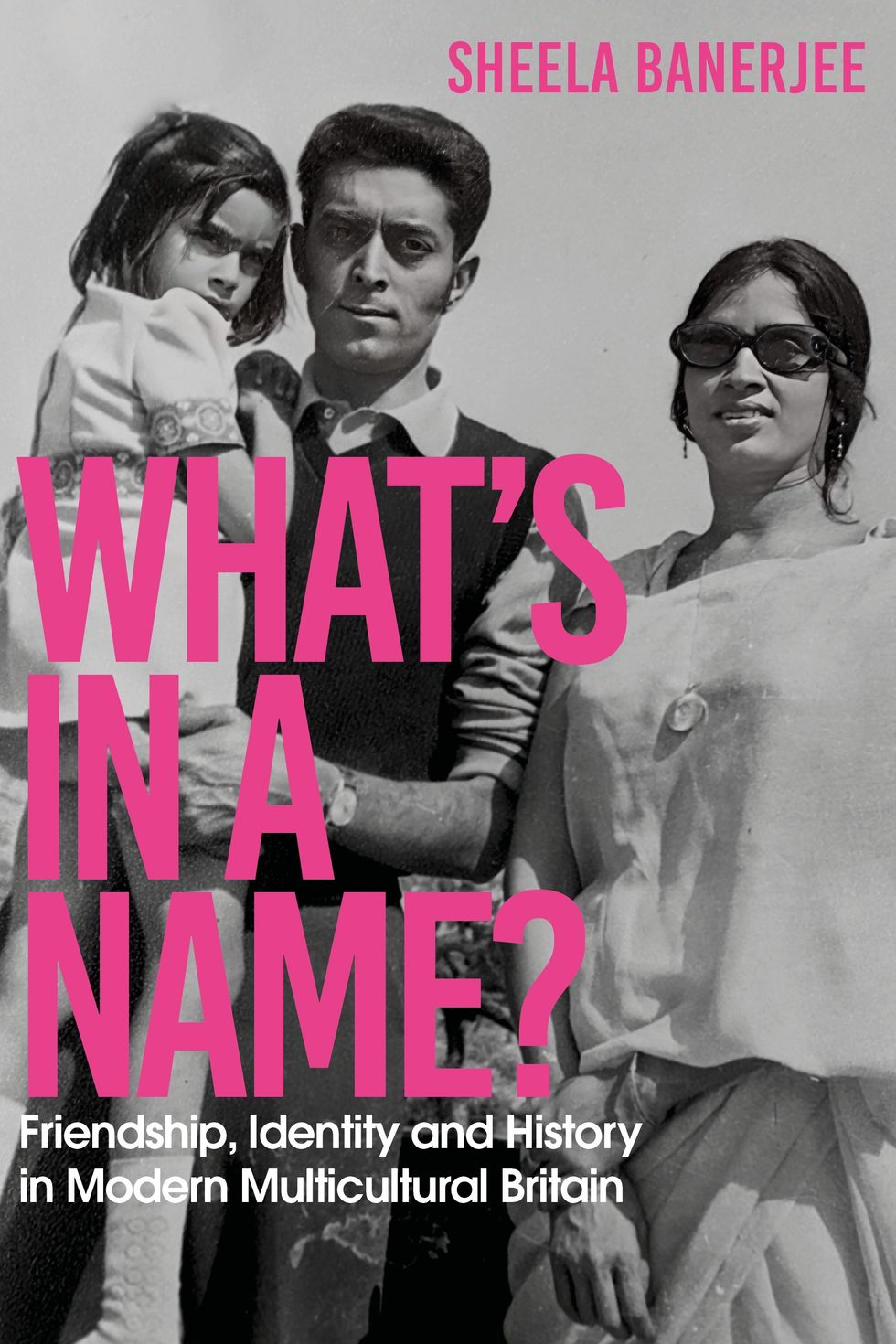 Sheela Banerjee’s award-winning book
Sheela Banerjee’s award-winning book